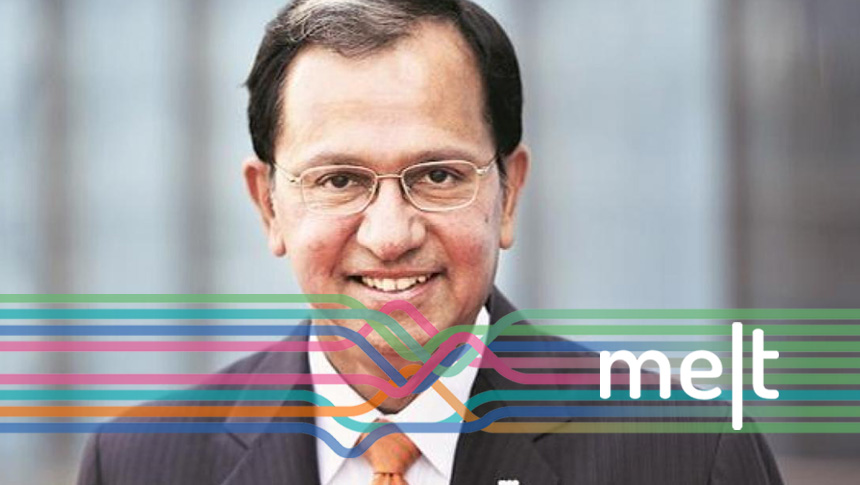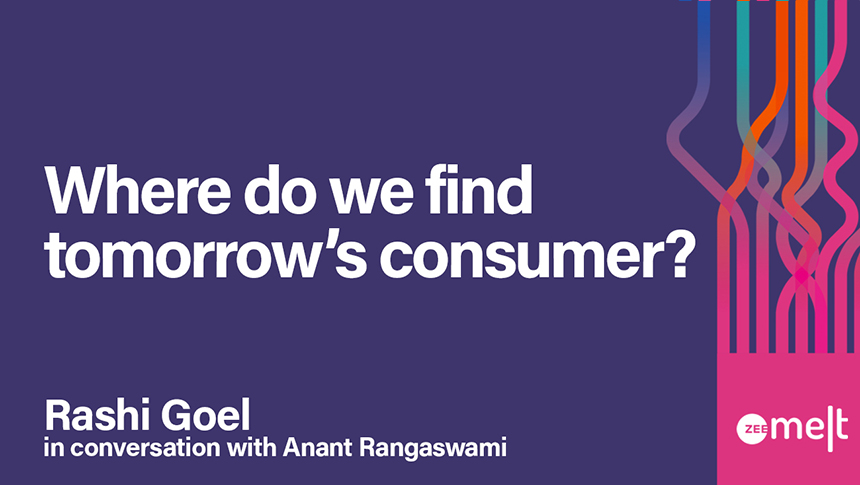I was delighted to read this morning that Prabhakar Mundkur felt that “The Kyoorius Awards have been steadily gaining steam over the years. Abbys on the other hand has been under a cloud the last many years for plagiarism, scam ads created only for the awards, and a boycott from several agencies that seem to grow year after year.” (Extracted from his column in MXM headlined “Will Kyoorius upstage the Abbys as an award show?”)
Mundkur moves from the Kyoorius Awards to Zee MELT. “Zee MELT, the two-day programme on May 30-31 that precedes the Kyoorius Awards night on June 1, promises some of the world’s best speakers from Fernando Machado, Head of Brand Marketing (sic; He is now Global CMO), Burger King to Chuck Porter, Chairman CP+B demonstrating that there will be a lot of knowledge sharing at the event. But there has been an indifferent demand for these knowledge sessions thus far.”
The italicization is mine.
And I was delighted to read this as well.
It’s been five years since the Kyoorius Creative Awards were launched and four since Zee MELT was launched. I’ve been associated with both since inception and I thought Mundkur’s column was a great provocation to write about my view of both.
First, the awards. Rajesh Kejriwal, the founder of Kyoorius, and I had a chat about launching an awards – because we felt that there was a need-gap in the market.
We launched the Kyoorius Awards based on very simple pillars:
- The core would be a jury of impeccable credentials.
- Jurors would include those from agencies that chose, in their wisdom, not to take part in the Kyoorius Awards.
- The jury composition would ensure balance between agency networks and smaller agencies.
- Rajesh and I would stay completely uninvolved in the jury discussions.
- We would use technology to make the jury process simple, efficient and fair.
- We would attempt to tie up (formally or informally) with the best Awards organisers globally to imbibe their best practices. This resulted in our earlier arrangement with D&AD and our current, comprehensive agreement with The One Club.
- We would urge jurors to look hard at ‘relevance’ when considering a piece of work. This automatically made it difficult for ‘pure’ scam to win at Kyoorius.
Rajesh and I have followed our self-set guidelines in letter and spirit, unwaveringly. We have kept our eyes and ears open to the opinions of those in the business and attempted to understand changes in the industry and consequently reduced, changed, tweaked categories based on a distillation of these thoughts.
Perhaps that’s why the Kyoorius Awards grows from strength to strength.
As far as Zee MELT is concerned, may I confess that this was, and is, more a dream than a business punt. A dream made real by the sponsorship by Zee.
The dream wasn’t an unconsidered punt. Mundkur laments that “there has been an indifferent demand for these knowledge sessions thus far.”
I disagree completely. The premise of MELT is the long tail of interest that communications professionals have. There may be many who attend MELT who are excited about the opportunity to meet Chuck Porter; there will be many who are more interested in Tom Fishburne’s views on marketing as told through his cartoons; yet another group would want to know how Babita Baruah has made it to the position of CEO in a man’s world, and some more would want to learn how to become a YouTube star.
The problem is that, hitherto, events were programmed in a linear manner making the attraction or lack of attraction of a particular speaker binary. In the case of MELT, delegates can choose from a number of options at the same time, attending the session – at a particular time – that is most useful to them. Sessions may be as small as 30 delegates, sometimes as large as 500. To each, his (or her) own.
It’s the attendance at MELT that excites me. It’s the growth of MELT that excites me. Each additional delegate underlines that this is a need-gap that we have got right, underlines that people still want to learn, people still want to listen to speakers – IF the speakers or workshops are of relevance to them.
The key is in understanding and figuring out what is relevant. That’s what Rajesh and I spend the most time on.
To finish, I’m delighted that Mundkur saw it fit to write about the Kyoorius Awards and about MELT. I read everything about every award and festival that I chance upon. Because the core of the success of the Kyoorius Awards and MELT is a simple habit: Listening.
Listening to the most important stakeholders in the communication business: those who work in it and those who make the communications industry the beautiful industry that it is.



